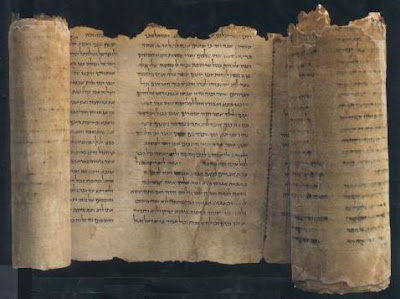
I realize it is April and I never announced to you that the March monthly website article over at the Hearts & Minds website is available to read. It is a long one, a review essay where I list bunches of books and important authors about how to read the Bible. Actually, it is a bit more complicated than that, and I trust you will check it out. Please click here.
A month ago, a college student was chastised by a professor who appeared to be hostile to his traditional Christian convictions about the reliability and authority of the Bible. Whether this well-intended prof would challenge a Muslim or Jewish student I cannot say, but this young fellow felt a bit unsure how to respond, and he wrote to me. I was a bit frustrated—reading more into the situation than perhaps was warranted—that so many secular-minded professors feel at liberty to critique the Old or New Testament documents even if they may not have done serious study into the trustworthiness of these documents themselves. Further, it is commonplace that folks that are otherwise smart and nuanced blast away in the most simplistic way against the wars in the Bible or the mistreatment of women, as if no one has ever struggled with those questions within the church and as if there are simply no compelling arguments in favor of the traditional answers to these perplexing questions. So this student’s questions got me thinking about all the books we have about hermeneutics and the ones that try to reply to the very legitimate questions about “the texts of terror” and the harder passages.
I wrote a long, long letter to this young man, and offer an edited version in the column. I hope you find it of interest, and, if you think it is balanced and thoughtful, offering some helpful titles and resources that sound interesting, pass it on to those who might enjoy it. I of course want folks to read this stuff, and hope a few even order books from us. But just knowing these books are out there, and reading my perky annotations, may be encouragement enough for some.
Here’s a warning, though: those with a static view either way—-the Bible is God’s Word ( end of story), OR, the Bible is a man-made collection of biased writings that are violent and we’ve progressed beyond them—will be disappointed. I hope, though, that many will consider these kinds of titles, the approaches I recommend, and feel inspired to read a couple of books about the most important book in Western history. We owe it to ourselves, and to the Story itself, to learn as much as we can about it. I hope this helps.
Hearts & Minds Books
More than a bookstore

Thanks, Byron. That was illuminating–only had time to skim now but will read more later.Two other vital books on Holy Scripture which NT Wright lists in his book you mention are:_Living and Active_ by Telford Work of Fuller Seminary—it looks really intriguing—he covers some historical analysis of Scripture from Calvin, Barth, von Balthasar and others and applies this vital doctrine to our day and age._Holy Scripture_ by John Webster of University of St. Andrews. He’s one of the more important evangelical theologians of our day and another expert on Barth as well as Jungel.blessings-Doug